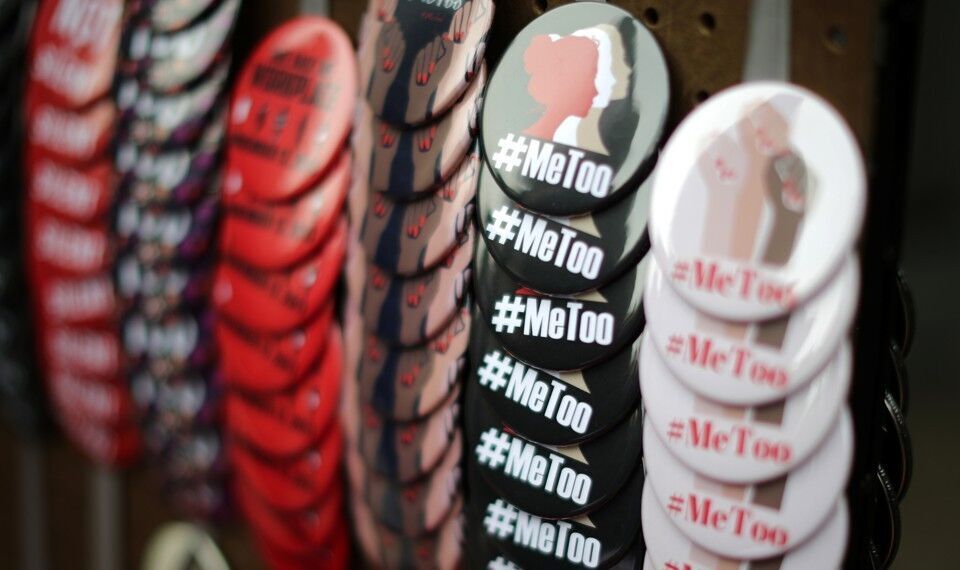
What has the Internet turned us into?
By Elliot Chan, Opinions Editor
When we think of the Internet we think about the free flowing traffic between us and endless information and connections. Without having to put on shoes or brush our teeth we can go shopping, hang out with our friends, attend a course, and watch a movie. That is the Internet we know of.
As our dependency on the World Wide Web increases and technology advances, the Internet becomes more than a research data base, social meet-up, and entertainment resource. Like a plant growing fast and wild, branches and roots stray off in directions away from our periphery. The Internet is also now a cliquey underground society fulfilling the needs of those who want smut, drugs, and other products not readily available at Wal-Mart.
The dawn of the Internet—sometime during the late ‘90s—changed the face and other body parts of the pornography industry and the way criminals corresponded, exchanging insight. Remember when free porn was like a hidden gem and “how to make a bomb” articles were the red flag keywords?
As the web progressed, leaked photographs, stolen identities, and bootlegging have become the norm. We are no longer fazed by these wrongdoings. We condemn them, sure, but the lawlessness of the Internet does not institute any repercussions. Click away, delete, or access a different hard drive and we’ll be safe. As the law tries to end torrent sharing sites such as Pirate Bay, it seems they may never stop the numerous illegal acts occurring on the Deep Web, an area of the Internet not indexed by standard search engines.
As of 2001, the Deep Web was believed to occupy a space 400 to 500 times larger than the Internet we normally access, our surface web. Here are some numbers that might give you a better idea: over 10 years ago, the size of the Deep Web was estimated to be about 92,000 terabytes, which is 92,000,000 gigabytes. But all the numbers are merely speculation, because there is no real way to measure it. What makes the Deep Web worrisome to some? Well, can you imagine a physical place where you can buy a quarter gram of Afghan heroin, various firearms, fake identification, and hire an assassin? No? Well, on the Internet, there are hundreds and thousands of places.
The way we make money has changed thanks to the Internet. The way I make money is through content creation. I write marketable copy for different companies from tech to arts. My job would not exist without the Internet. However, many are choosing different avenues online to make a living as well: e-commerce, SaaS, and monetized user generated content. The last one in the list is interesting, because people can literally sell a show from the comforts of their own home. It can be a video blog like the kind you watch on YouTube, it can be a video game commentary like the kind you see on Twitch, and it can be pornography like the kind you find on MyFreeCams. There is literally a platform for any kind of entertainment you want to produce, and you can make a living doing it. Just try to avoid using public library as your settings.
It’s horribly clear that today we can only truly know a person by understanding their search history. The fact that Google has more information about us than our friends and family says a lot. Our relationships, our knowledge, and the life we’ve created are now a few gigabytes on the Internet. And that is how significant we’ll continue to be as the web, like the universe, continues to expand.
